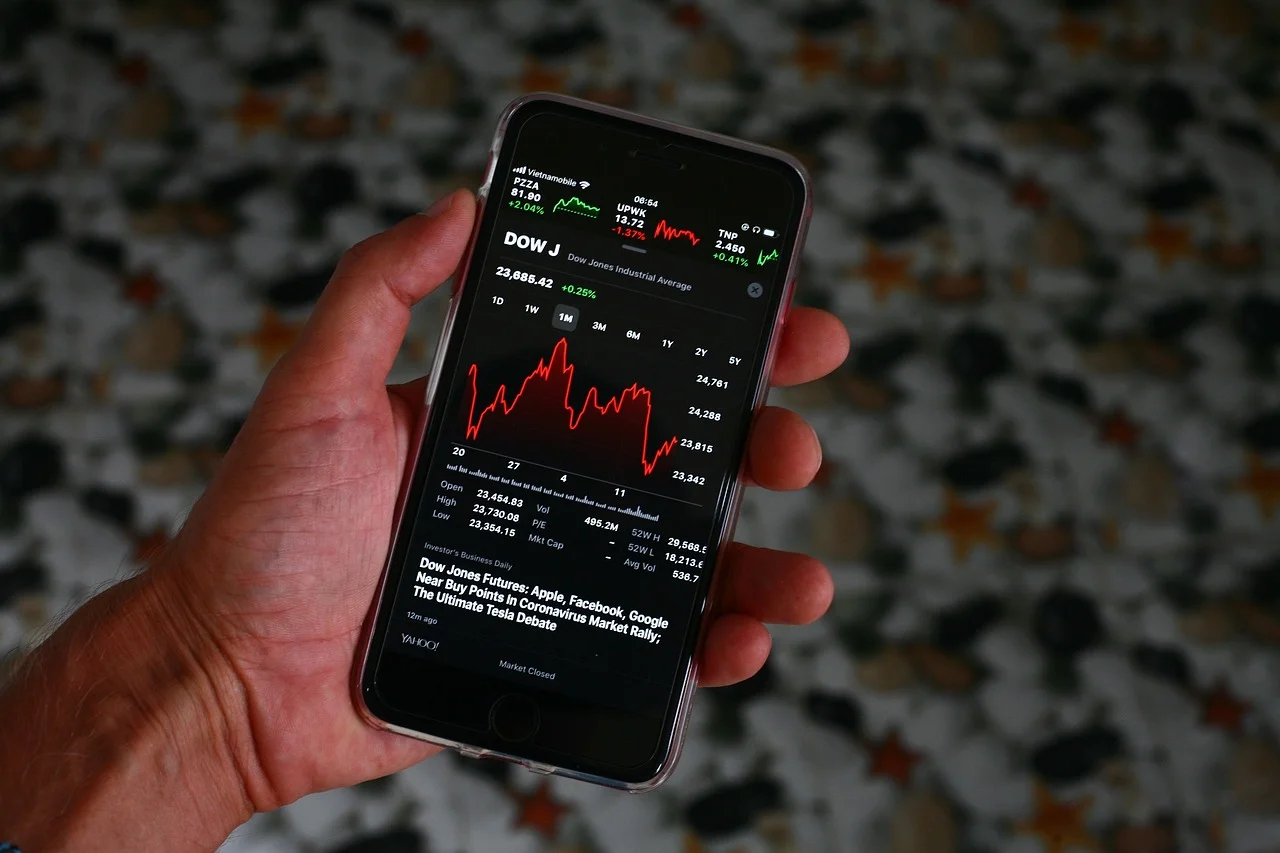
The Harmonious Rhythm Behind Venezuela’s Economy
Key Takeaways:
As we delve into the captivating tapestry that is Venezuela’s economy, it is impossible to ignore the dynamics at play.
With its vast oil reserves, Venezuela once stood tall among the world’s major oil exporters.
The Influence of Oil in Venezuela’s Economy
Oil discovered in the early 20th century propelled Venezuela into a new era with vast economic potential.
The true power and allure of Venezuelan oil became evident, leading to substantial investments both domestically and abroad.
This influx of income enabled Venezuela to embark on large-scale infrastructure projects and social welfare programs.
However, relying heavily on oil exports has its downsides.
The volatility of global oil prices combined with fluctuating demand has rendered Venezuela’s economy susceptible to external shocks.
Oil production constitutes a significant portion of government revenue, making the country’s finances heavily dependent on this resource.
As a direct consequence of this heavy reliance, the economic progress and diversification of other sectors have been overshadowed, creating vulnerabilities in Venezuela’s economic landscape.
Economic Challenges and Hyperinflation
The ongoing economic challenges in Venezuela have now reached a critical juncture.
Hyperinflation, which has hit alarming rates, has drastically devalued the nation’s currency,
resulting in a sharp decline in purchasing power.
The repercussions are devastating for the general population, with many struggling to meet even the most basic needs.
Inflation has eroded wages and savings, widening the wealth gap and plunging a significant portion of the population into poverty.
Limited access to basic goods, such as food and medicine, has further compounded the situation, leading to dire humanitarian consequences.
High levels of poverty, coupled with economic instability, have shrouded Venezuela’s economy with a cloud of uncertainty.
Political Influence on the Economy
Politics and economics share a delicate dance in Venezuela’s economic narrative.
Through various periods, political decisions have taken center stage, influencing economic policies widely.
The shifting political landscape has impacted the approach taken toward managing the economy.
In recent years, instability and polarization have hindered the implementation of long-term economic reforms and effective policy-making.
This uncertainty has discouraged investors, contributing to a lack of productive investments and business growth.
Without stability, it becomes arduous to establish the necessary conditions for economic recovery.
Economic Recovery and the Way Forward
While the challenges to Venezuela’s economy may seem formidable, there is hope for recovery.
Political stability and unity are essential in order to instill confidence in both domestic and international investors.
A solid foundation built on transparency, accountability, and good governance is needed to move forward.
Economic diversification serves as a necessary step towards reducing the country’s reliance on oil exports, allowing for the growth of other sectors and the creation of new job opportunities.
Industries such as agriculture, manufacturing, and tourism have the potential to flourish with the right policies and investments.
Regaining the trust and support of the international community is crucial.
Collaboration with multilateral organizations and neighboring countries can provide the necessary aid and expertise to expedite Venezuela’s economic recovery.
Frequently Asked Questions
Key Takeaways:
Conclusion
In closing, the harmonious rhythm underneath Venezuela’s economy can only be restored through comprehensive measures and collective efforts.
The challenges are profound, but so is the potential.
By prioritizing political stability, diversifying industries, and harnessing international support, Venezuela can navigate its way toward long-term economic growth and prosperity.
Source: insightfullgo.com

